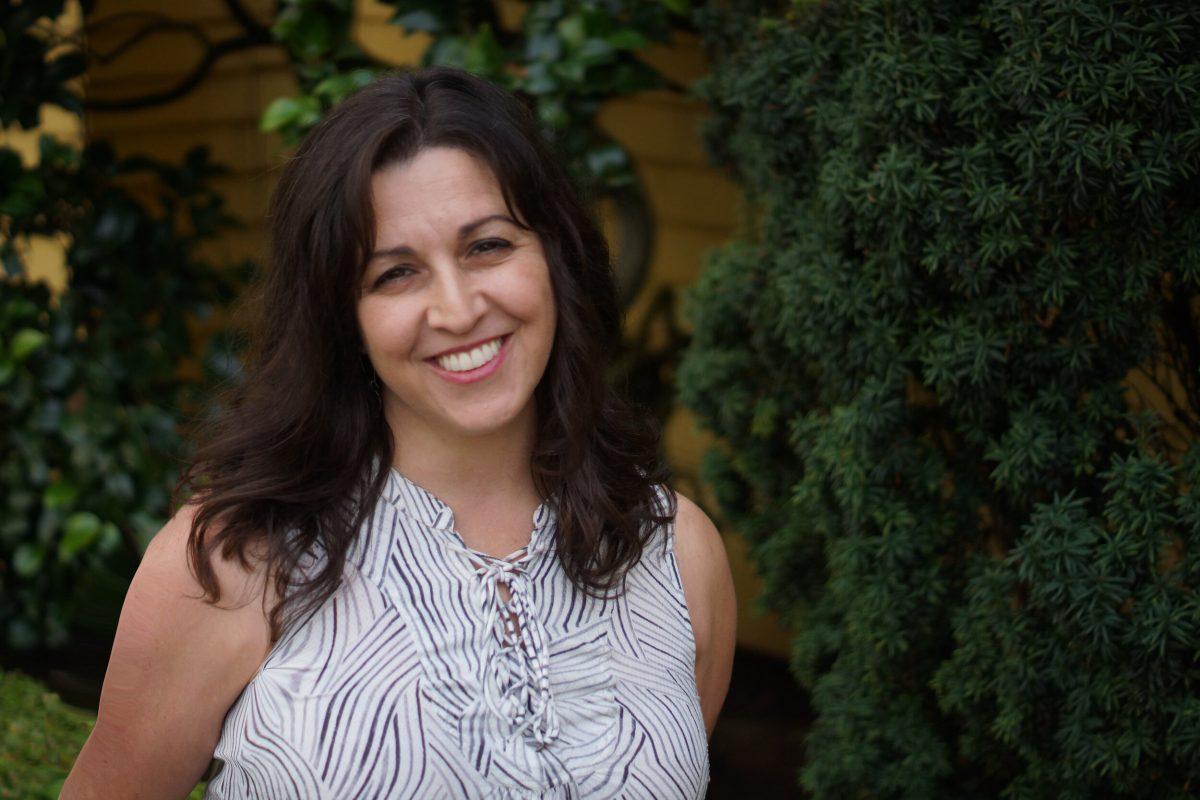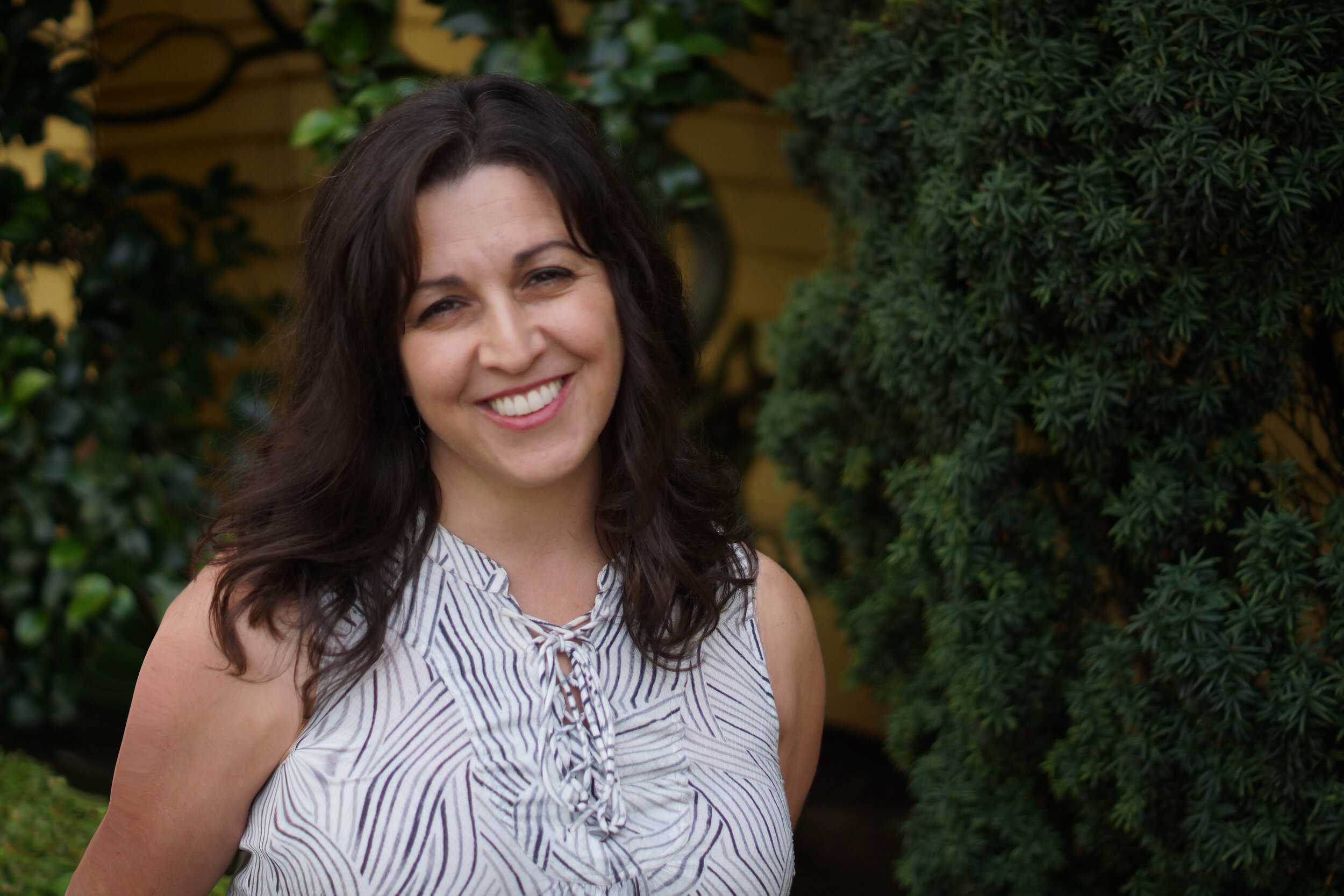Curiosity and dedication is what drives many fields of study here at Sonoma State. The question of whether curiosity is a born characteristic or something learned is one of the many questions that started as assistant professor of Journalism, Gina Baleria’s inquiry into the thought processes behind journalism as a field, and what makes young journalists think. This eventually led her to write her book, entitled, “The Journalism Behind Journalism: Going Beyond the Basics to Train Effective Journalists in a Shifting Landscape (Routledge 2021).”
Her book began as a discussion with former colleagues, asking the question “Why do students today not have the journalistic curiosity of previous generations?” While none claimed it was the fault of students today, they still felt it was disheartening that many of their students don’t have the same drive that they used to as budding journalists. Baleria is working against the idea that students are not naturally curious. She understands that curiosity was developed in our evolution and it’s a trait that we can learn to expand and cultivate later in life. Her book deals with the assumption that curiosity is something that needs to be cultivated, then means: how could that be done? What would have led to a lack of curiosity in the first place? These questions would lead Baleria down a path of opening the curtain behind journalism. Prompting more questions and discussion about how journalists think, discover, and what it means to be a journalist today.
Baleria came to Sonoma State from San Francisco State and now teaches alongside her job of hosting and producing “News in Context” podcast, which airs on 102.5 KSFP in San Francisco and online, per her Sonoma State biography page. Baleria has also worked collaboratively on a journalism textbook before, co-authoring “Writing & Reporting News for the 21st Century” (Cognella, 2018), which won the 2020 Textbook Award from the Broadcast Education Association (BEA).
In the introduction of her new textbook, Baleria states that “this book was written with passion and sincere love for the profession of journalism, a career which I immersed myself for many happy and fulfilling years.” Shortly after this she tells the reader about her own biases, and by doing this she aims to make them aware of where she comes from, and how it has shaped her worldview in an attempt not to let it color her journalistic process. She said “journalists are biased, but the journalistic process isn’t, or shouldn’t be” This idea of bias is central to Baleria’s advice to young journalists and writers. She hopes to re-contextualize the word bias for writers everywhere.
As it stands, having bias is likened to having the black plague for journalists. It’s poisonous and can affect every step of writing for a journalist. But Baleria re-frames the idea of bias in her book as simply human nature; it’s an unavoidable part of our psychology to have biases – based on how we were raised, our experiences growing, and who we are today. However, because it can color our writing and distort our idea of truth, Baleria teaches instead that we be aware of our biases, and not let them interfere with our judgement. More importantly, Baleria speaks about how it is imperative to not make assumptions based on our bias.
While this book is colored by Baleria’s experience as a working journalist and is intended for those pursuing the same passions, students from any major can understand and put the concepts she teaches to use. From English majors to Biology majors, everyone writes, everyone investigates or analyzes data with their own perspective.
At the end of Feb. 2020 Baleria began the process of writing that would take almost a year and a half from the idea to print. She would interview fellow journalists, bounce ideas of colleagues and reflect on her own knowledge as it all fit together. She covers bias, censorship (how to speak the truth and do it carefully), curiosity, empathy and other topics crucial for young journalists and writers.
Baleria had great esteem for all her students and those pursuing a passion she feels so dedicated to, and had this to say “I am really excited about what your generation has to offer the world. I think the way of thinking that has evolved could be really beneficial for us all, and I can only hope that I have contributed to that process and your accomplishments.”
COURTESY // Gina Baleria
SSU Communications Professor Gina Baleria spoke about what inspired her new book, “The Journalism Behind Journalism.”





![[Both photos courtesy of sonoma.edu]
Ming-Ting Mike Lee stepped in as the new SSU president following Sakakis resignation in July 2022](https://sonomastatestar.com/wp-content/uploads/2024/04/CC4520AB-22A7-41B2-9F6F-2A2D5F76A28C-1200x1200.jpeg)



























